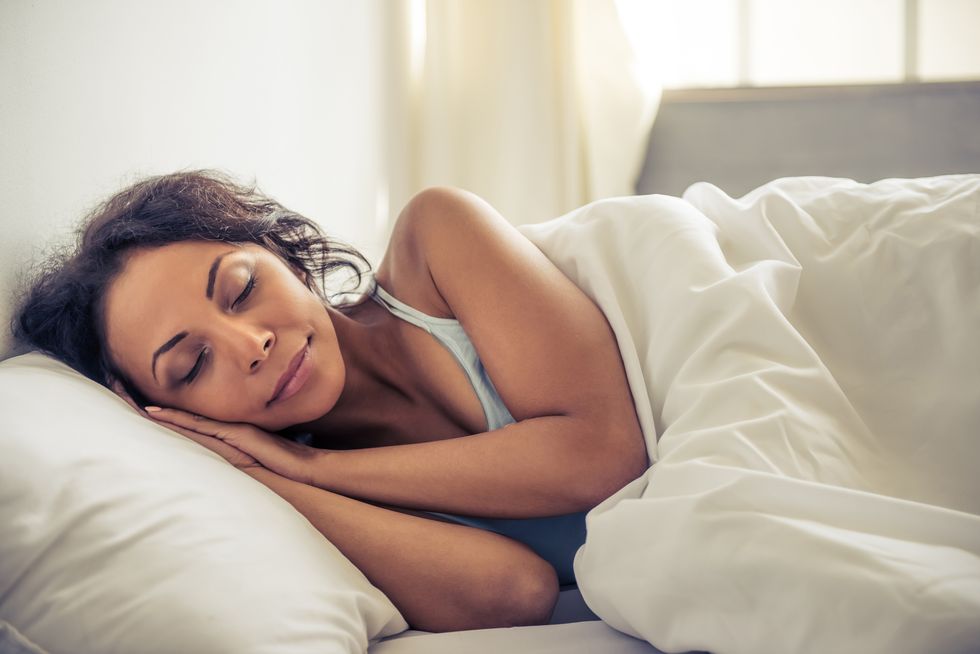Just about everyone has his or her favorite bedtime ritual. Yours might be a warm bath, some soothing stretches, or a settling in with a good juicy novel.
But have you considered that what you eat can also help you settle down to slumber?
Chances are you know that old bedtime remedy, a glass of warm milk. Although some experts think of it as an old wives' tale, others say that milk helps you sleep because it contains tryptophan, an amino acid used to make serotonin, a neurotransmitter that helps control sleep.
Alternately, it's important to remember to curb your caffeine intake for a better night's sleep. Because the effects of caffeine last for about five to six hours before wearing off, it's best to cut it out early enough so you can relax and unwind before bed.
Sleep better with these foods:
- Cherries. They're packed with valuable antioxidants, but they also contain melatonin. In fact, they're one of the only natural food sources of this sleep-regulating chemical. If fresh are out of season, dried cherries will do, too.
- Tart cherry juice. Registered dietitian Joan Salge Blake points to research suggesting that drinking tart cherry juice before bedtime may help you fall asleep, due to its melatonin content "which can help you sleep better and longer."
- Dairy. Any dairy product will help with sleep, for the same reasons that milk does. Think cheese, yogurt and other sources of calcium.
- Complex carbohydrates. These help boost tryptophan. The ideal bedtime snack combines a complex carb, like cereal, toast or whole grain crackers, with protein, like milk, peanut butter or cheese.
- Bananas. Peel one for its source of potassium and magnesium, both natural muscle relaxants. Bananas also contain tryptophan.
- Oatmeal. Registered dietitian Bonnie Taub-Dix, creator of BetterThanDieting.com, suggests a small bowl of oatmeal, which is rich in carbohydrates as well as melatonin. Oats contain a healthy dose of vitamin B6 (an anti-stress vitamin), as well.
- Chamomile or peppermint tea. With their abilities to soothe a full or upset stomach, these teas can help ease you into a better and sounder sleep.
- Almonds. They're rich in magnesium, a mineral you need for sleep. Low magnesium levels can interfere with a good night's sleep, research finds.
If a nightcap is in your nighttime arsenal, beware: Alcohol may make you tired and help you fall asleep faster, but later in the night it disrupts your sleep cycle and will keep you tossing and turning.
And finally, keep in mind that with food, timing counts. Taub-Dix says your body needs adequate time to digest. "Going to bed on a full stomach will keep you awake, especially if you suffer from reflux or GERD," she says.







